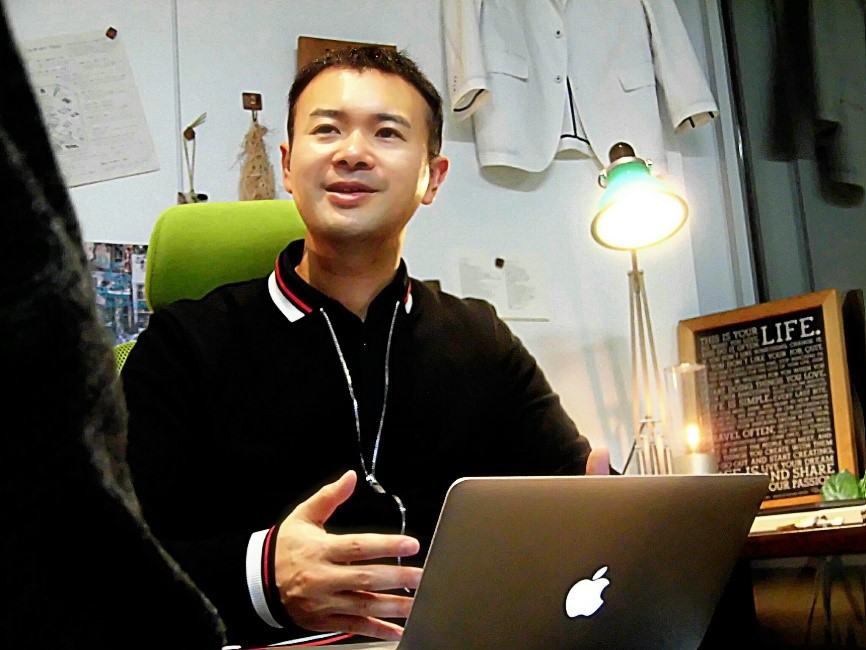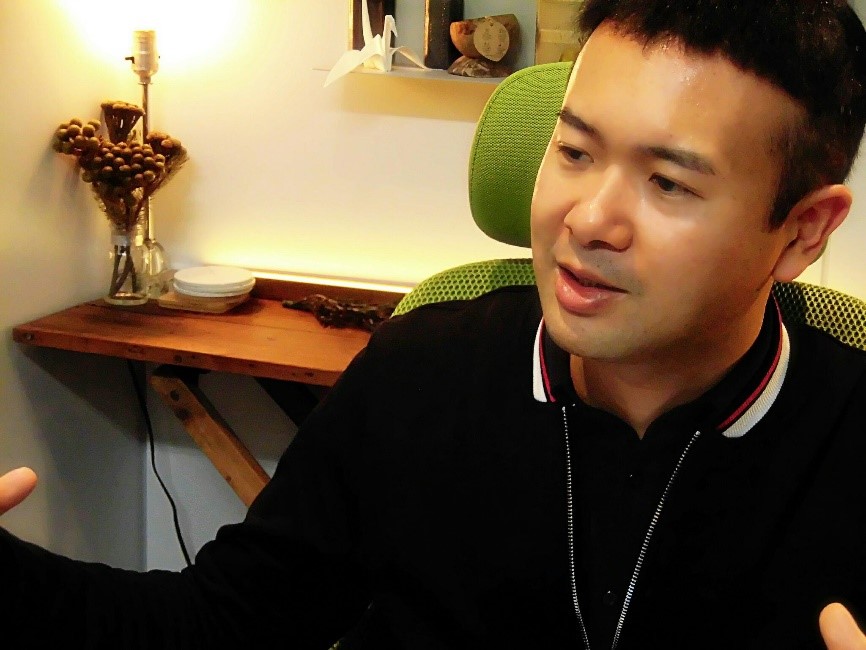An Industrial Physician’s Guide: The Next Step for Companies to Follow
“Do you feel strong anxiety, trouble, or stress about your work?”
60% of Japanese workers answered “yes” to this question. Some may think that it is common to have trouble at work. However, the number of cases in which that trouble worsens is increasing; labor-related psychiatric disorders have increased 8 times since 2000. In today’s corporate trend of companies taking measures to prevent employees’ mental disorders, industrial physicians have started to play new roles.

SOURCE: Ministry of Health, Labour and Welfare(http://www.mhlw.go.jp/wp/hakusyo/karoushi/17/dl/17-2-1.pdf)
“Rather than curing the disease, industrial physicians work to fix the environment.” says Dr. Miyake Taku, an industrial physician. Companies that have more than 50 employees in Japan are obligated to place industrial physicians for employee health management. Originally, industrial physicians engaged in safety measures at factories and construction sites. Now that the tertiary industry has become dominant, companies’ needs have changed along with this societal shift to the mental care of employees who are sick at work. Industrial physicians explore the cause from the workplace environment, and take measures such as employment restrictions and advice on placement change.
Furthermore, in the interviews the physicians hold , they don’t follow the process of diagnosis and treatment, which is often thought of as a doctor’s job. Dr. Miyake said that telling the employee the name of the disease and prescribing medicine does not lead to fundamentally solving the problem. “Many workplace mental troubles are caused by inconsistencies in the environment, such as human relationships and work content, and only industrial physicians can adjust those factors.

In this photo, Dr. Miyake traces the history of industrial physicians in Japan, at his office, in Minato-ku. (October 27, 2017)
What Dr. Miyake is working on, however, is not limited to personnel assignment. One of the simple internal actions he has practiced so far is the greeting movement, in which he has advised bosses to take the initiative of saying “hello” to their subordinates. His reason for promoting this movement as an expert in occupational health is that he realized the lack of a sense of belonging was a common aspect of the workplaces where mental disorders happened. Due to the widening diversity of working styles, the proportion of teleworkers and temporary workers has increased, but their sense of belonging to their workplaces is not equal to that of regular employees’, due to differences in contact time and treatment.
Another factor is the increasing number of companies that digitize internal communication. According to research conducted by ITOCHU Techno-Solutions, 28% of large corporations have introduced chat tools such as Skype and Google Hangouts to the workplace. Reducing face-to-face conversations greatly affects the sense of affiliation of employees. A greeting campaign has one aspect that makes life more vibrant in the workplace, but Dr. Miyake tells us that it is also important in the sense that it fulfills the duty of safety supervision the boss has. “Even if you do not speak once a day, if you can feel the fluctuation of expression at the time of greeting by greeting becoming a habit, the boss can detect misfortune of his mind. Connecting to the industrial physician at the time when the boss feels somewhat uncomfortable leads to the early detection of mental sufferers.”

In this photo, Dr. Miyake says, “By greeting campaign, companies can make employees to have s sense of belonging with less workload”. (October 27, 2017)
The work of industrial physicians is in a transition period. In recent years when preventive medicine is becoming more emphasized, Dr. Miyake argues that creating workers’ motivation is the next step of caring for employees’ mental health. It is no longer the goal for industrial physicians to reduce the number of patients in workplace. What is required for industrial physicians now is to create an environment that increases the willingness to work that leads to higher performance. Dr. Miyake had anticipated those needs, and from 6 years ago he has been active in teaching employee motivation and coaching to managerial positions. At that time, there were also voices saying that that was not a doctor’s job, arguing that those jobs were not suitable for conventional industrial physicians. However, as represented by the word “health management”, in order for companies to raise productivity and corporate value, it is essential for employees to work healthily. “We are not looking at how employees are sick but we are giving advice on how to be healthy,” says Dr. Miyake. From large enterprises that everyone knows to small companies that do not have an obligation to place an industrial physician, Dr. Miyake receives requests from various clients.
Written by Yoshioka Kyoko
Kawahara Yoshitaka
Edited by Shibata Ryoko


